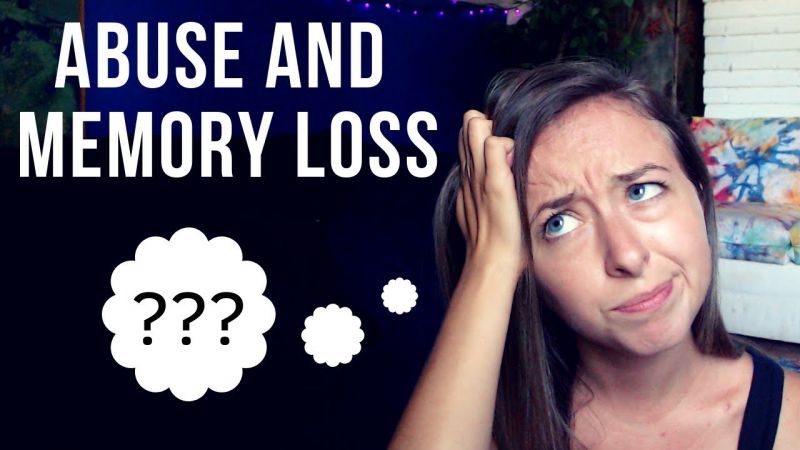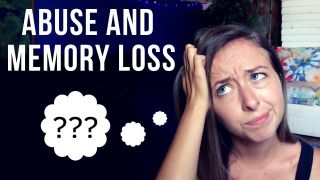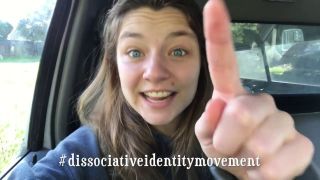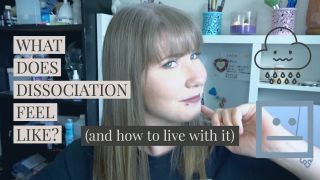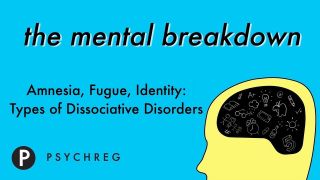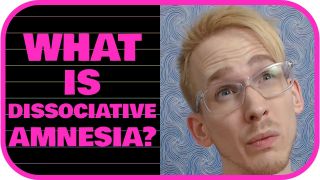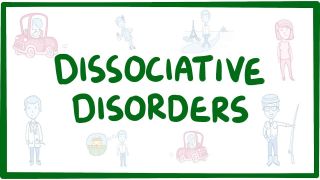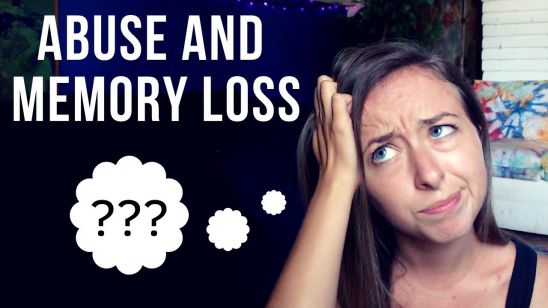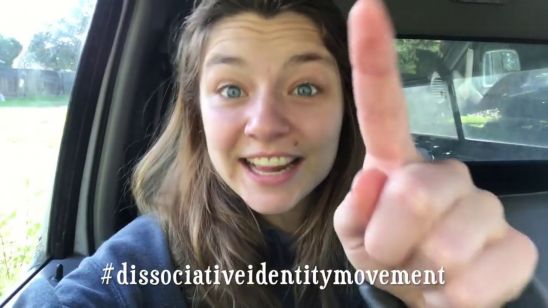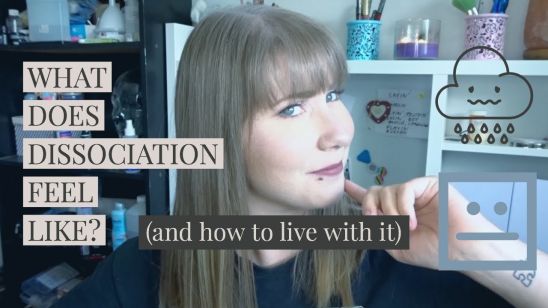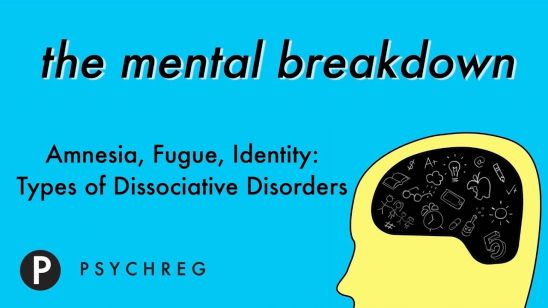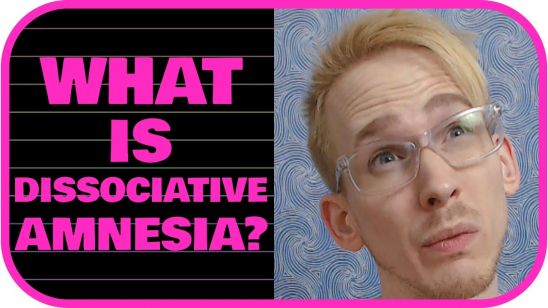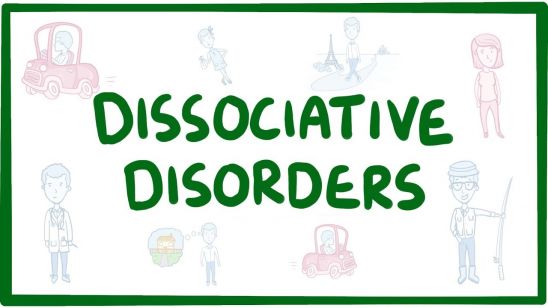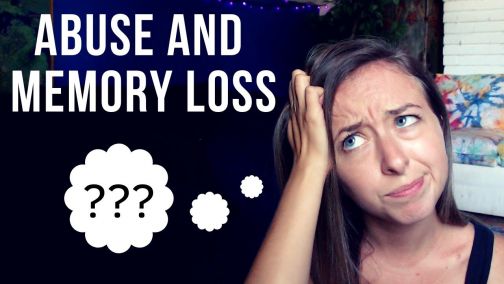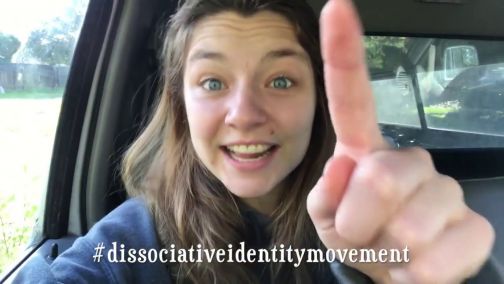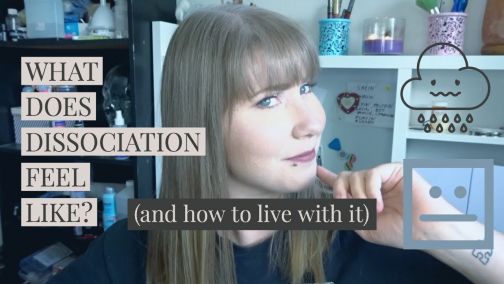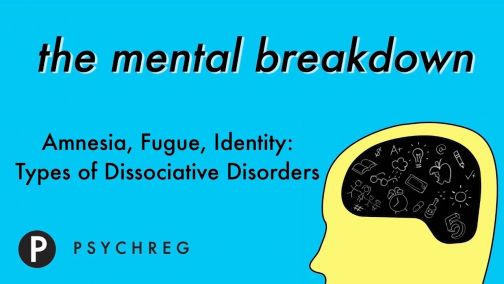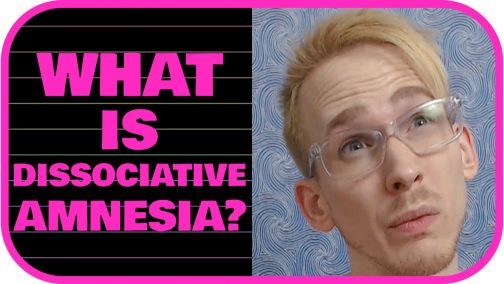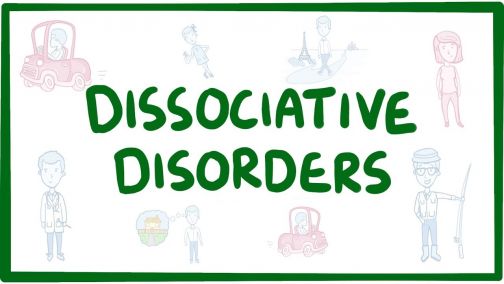Dissociative Amnesia
Previously called psychogenic amnesia
What is it?
Forgetfulness is an unfortunate part of everyday life. Most of us have lost our house keys before, or left our wallet behind at a restaurant. This behavior is frustrating but common. However, some people have a condition that makes them forget far more substantial information. This phenomenon is known as amnesia.
Dissociative amnesia, previously called psychogenic amnesia, occurs when a person mentally blocks out information about who they are or something they’ve lived through. It is often a response to intense trauma. The degree of memory loss that comes with dissociative amnesia cannot be explained by normal “forgetfulness” and is not the byproduct of a medical condition, like a stroke.
Dissociative amnesia ranges in severity from mild to severe. It’s considered a rare condition, affecting 1% of men and 2.6% of women.
What are the symptoms?
Dissociation is when a person becomes disconnected from their thoughts, memories, feelings, actions, surroundings or sense of identity. In the case of dissociative amnesia, it is a person’s memory that is affected. Key facts about their life, like their name, where they live, people they know or abuse they’ve endured, become “blocked” from memory. This memory loss is known as amnesia.
There are three types of amnesia that can occur:
- Localized: The information that’s blocked relates to a specific piece of knowledge or part of a person’s life. For example, a person may have no memory of their rape, but can remember other details from the day it happened.
- Generalized: The information that’s blocked relates to major parts of a person's life or identity, such as their name, where they live, who their family members are, or when they were born.
- Fugue: This is when a person adopts an alternate personality during their episode of amnesia. They often travel while in this state. If they’re found, they frequently do not have knowledge of their “past” self.
Dissociative amnesia is normally temporary. Blocked memories will resurface on their own, in therapy, or when triggered by some other life event. During an episode, people are often unaware that they are missing any key information, or are unphased by the absence. This is different from medical amnesia, which tends to be upsetting to the person affected.
What are some common warning signs?
Dissociative amnesia can look different in different people. Some may undergo sudden and noticeable memory loss, while others might seem unaware of an event that took place in their past. If you’re concerned that a loved one has dissociative amnesia, ask yourself the following questions:
- Have they suddenly forgotten key components of their identity, such as their name, age, gender, occupation, address or important aspects of their upbringing?
- Do they have a different version of an event that occurred, such as a natural disaster, shooting or rape? Or, do they not remember the event happening at all, despite others knowing they were there?
- When confronted about their memory loss, are they unaware or unphased by it? In other words, they aren’t trying hard to remember something that they know is missing.
- Have they experienced any intense flashbacks, without being able to fully recall the event that is triggering them?
- Do they seem more confused or foggy than usual?
- Are they having trouble maintaining relationships, or opening up to others?
- Do they struggle with depression or anxiety, alongside other symptoms?
These behaviors can’t confirm a diagnosis, but they do hint at one. If you feel comfortable doing so, talk to your loved one about this behavior and why you’re concerned.
What causes Dissociative Amnesia?
The exact causes are unknown. Doctors believe a few factors play a role in its development, including:
- Genetics: It’s thought that people are more likely to develop dissociative amnesia if they have a family history of dissociative conditions
- Trauma: The majority of people with dissociative amnesia develop it after experiencing something traumatic or stressful, such as being in a car accident, going to war, being raped or living through a natural disaster. Dissociation may be the brain’s way of coping with this trauma.
How is it treated?
Treating dissociative amnesia normally involves some combination of psychotherapy and medication. Treatment plans tend to be highly individualized based on the severity of the condition. The primary goals of treatment are to minimize symptoms, safely help the person remember what they’ve blocked out, develop coping skills, and improve any aspects of their life that have been negatively affected by the disorder.
Psychotherapy treatment might involved:
- Individual psychotherapy: One-on-one sessions that help people better understand and manage their symptoms.
- Cognitive behavioral therapy (CBT): A therapeutic model that challenges negative thinking patterns and behaviors. In CBT, a therapist will help a person establish healthy coping mechanisms for their delusions, hallucinations.
- Hypnotherapy: A form of therapy in which the patient undergoes clinical hypnosis in order to uncover repressed memories, change behaviors, or try and merge their personalities. This is often used alongside individual psychotherapy.
- Adjunctive therapy: Also called “add on” therapy, these strategies are used alongside a primary treatment method to help boost progress. Common types include art or movement therapy that help people connect with parts of their mind that might have been “shut off” by trauma.
- Family therapy: A model that teaches family members how to deal with their loved ones condition and empower recovery.
There are no medications approved specifically for dissociative amnesia. However, people with the condition often struggle with other disorders, such as PTSD, substance use problems and depression. Medications such as antidepressants, tranquilizers or antianxiety drugs, may be used to address those disorders.
It’s important to remember that treatment plans are personalized. If you’re seeking help, make sure you work one-on-one with a doctor to create a plan that fits your needs. Just because a medication or therapy helps someone else recover, doesn’t mean it’ll be the right solution for you. Don’t ever feel guilty about asking for help, taking meds or going to therapy. Addressing your mental health is a productive and courageous thing to do.
How can I help a loved one with Dissociative Amnesia?
It can be hard to know how to react when someone you love isn’t doing well. Do they want to talk about it, or would they prefer to keep their experiences private? Will you push them away by starting the conversation?
There are no easy answers to these questions. Every person handles their mental health differently. That said, we all want to feel loved and supported. Showing someone that you’re invested in their wellbeing can make a world of difference. Here are some ways to do so:
- Educate yourself: Read up on symptoms, treatment options, and healthy living recommendations. Try and understand what your loved one is going through so you are better equipped to talk to them about it. This will also make you a valuable resource when it comes time to find treatment.
- Advocate treatment: Asking for help can be hard. Societal stigma often keeps people from opening up to others about their symptoms. Support your loved one by helping them research different treatment methods, or doctors in their area. If they’d like, go to a few sessions with them. Remind them that there’s nothing weird about getting help, and that you’re proud of them for following through.
- Use empathy: Amnesia feels very real. Try and refrain from snapping at them when they can’t remember important facts or seem disoriented. Stay calm and remember what they’re going through. Remind them that you’re there for them and that you love them.
- Be patient: Don’t take it personally if they lash out at you. They are battling something that’s very hard to overcome. Their distance has nothing to do with who you are as a person. Keep showing up for them even when it feels like it’s not helping. The act alone lets them know that they have people in their life who care.
And finally, remember to take care of yourself. Find counseling of your own if you are struggling to cope with their condition.
What other resources are out there?
Want to learn more, find a doctor, join a support group or speak to a counselor? The below resources might be able to help:
- An Infinite Mind
- International Society for the Study of Trauma & Dissociation
- Sidran Institute
- Zur Institute
- Crisis Text Line
- BetterHelp
- Psychology Today Directory
- American Psychiatric Association
- Medicaid Eligibility Information
- Open Path Collective
- Resources for POC, LGBTQ+ and disabled individuals
- Anxiety and Depression Association of America
- National Network of Depression Centers
- Medicine Assistance Tool
- NeedyMeds
- Erika's Lighthouse
- Anxiety Network
- Anxiety Central Forums
- National Social Anxiety Disorder Center
Support our work
We’re on a mission to change how the world perceives mental health.
